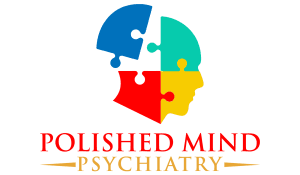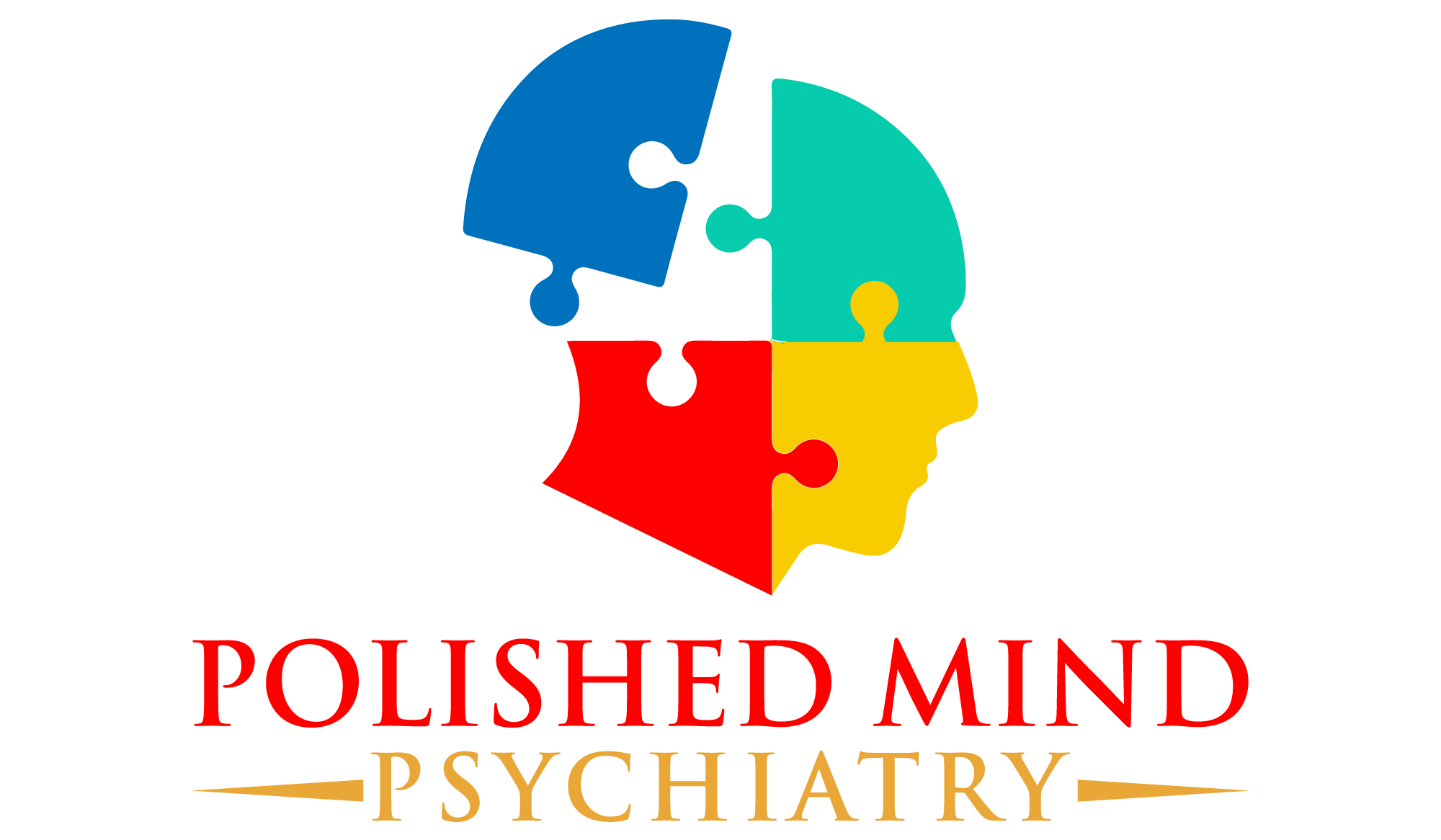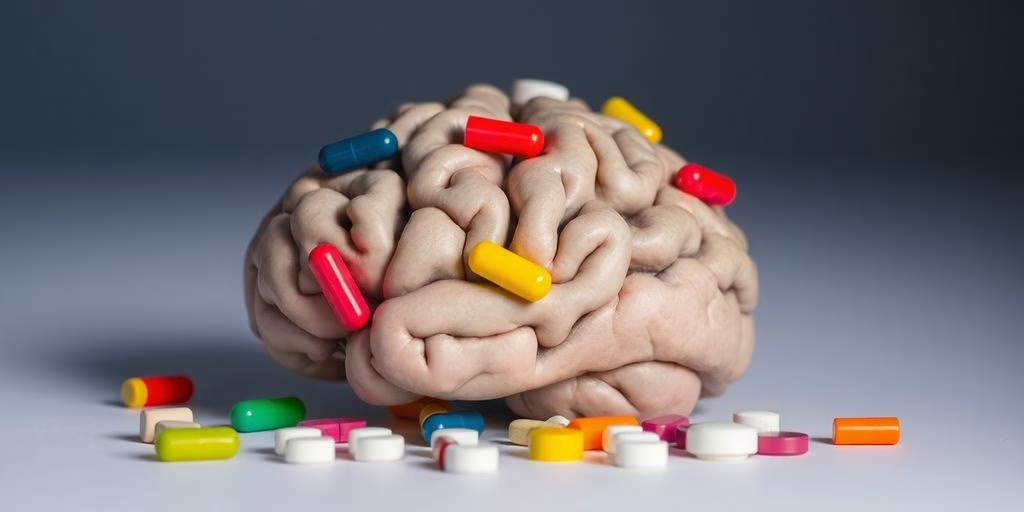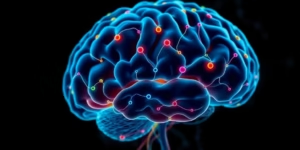It’s quite common for people to experience both Attention Deficit Hyperactivity Disorder (ADHD) and depression at the same time. These conditions can overlap in their symptoms, making diagnosis and treatment a bit tricky. This article explores the connection between ADHD and depression, looking at how they affect daily life and what treatment options are available, including the role of adhd medication and antidepressants.
Key Takeaways
- ADHD and depression often occur together, sharing symptoms that can complicate treatment.
- Treatment plans need to consider both ADHD and depression, often involving a combination of ADHD medication and antidepressants tailored to the individual.
- Consistent monitoring and adjustments by a healthcare professional are important for managing co-occurring ADHD and depression effectively.
Understanding the Overlap Between ADHD and Depression
It’s quite common for individuals to experience symptoms of both Attention-Deficit/Hyperactivity Disorder (ADHD) and depression at the same time. This overlap can make diagnosis tricky, as some signs might look similar on the surface. For instance, difficulty concentrating, feeling restless, or having trouble with motivation can be present in both conditions. However, the underlying reasons and the way these symptoms manifest can differ significantly. Recognizing these nuances is key to getting the right help. At Polished Mind Psychiatry, we understand how these conditions can interact and affect daily life.
Recognizing Co-occurring Symptoms
When ADHD and depression happen together, it can be challenging to tell which symptoms belong to which condition. Some common overlaps include:
- Inattention: Both conditions can make it hard to focus on tasks, leading to forgetfulness or difficulty completing projects.
- Low Energy: Fatigue and a lack of motivation are frequently reported by individuals with both ADHD and depression.
- Mood Changes: Irritability, feeling overwhelmed, and emotional sensitivity can be present in both ADHD and depressive episodes.
- Sleep Disturbances: Trouble sleeping or sleeping too much can occur with either condition.
It’s important to remember that while symptoms might overlap, the core issues are different. For example, inattentiveness in ADHD often stems from difficulties with executive functions like sustained attention and impulse control, whereas in depression, it might be linked to a pervasive lack of interest and energy. Understanding these distinctions is vital for effective treatment. If you’re in Texas, New York, California, Washington, or Iowa, our team can help clarify these symptoms and create a plan for you. You can learn more about our services and book an appointment at polishedmindpsychiatry.com/book-an-appointment/.
The Impact on Daily Functioning
When ADHD and depression occur together, the combined effect can significantly disrupt a person’s daily life. Tasks that require organization, planning, and sustained effort can become overwhelming. This can lead to difficulties in:
- Work or School: Missed deadlines, decreased productivity, and challenges with interpersonal relationships at work or school are common.
- Personal Relationships: Irritability, withdrawal, and difficulty managing emotions can strain relationships with family and friends.
- Self-Care: Maintaining routines for hygiene, nutrition, and exercise can become a significant challenge.
- Overall Well-being: A persistent feeling of being stuck or unable to cope can lead to increased feelings of hopelessness and low self-esteem.
The interplay between ADHD and depression can create a cycle where symptoms of one condition exacerbate the other, making it feel like an uphill battle. Addressing both conditions simultaneously is often the most effective approach to regaining control and improving quality of life. For those seeking professional guidance, exploring treatment options is a positive step forward. Consider reaching out to specialists who can provide a clear diagnosis and a tailored treatment strategy. Learn more about ADHD and depression.
It’s crucial to seek professional help to untangle these complex symptoms and develop a treatment plan that addresses both ADHD and depression effectively. This often involves a combination of strategies, which we will explore further. If you’re in TX, WA, CA, Ia, or NY, Polished Mind Psychiatry is here to support you. You can find more information and schedule a consultation at polishedmindpsychiatry.com/book-an-appointment/.
Tailored Treatment Strategies for Co-occurring Conditions

When ADHD and depression appear together, treatment needs to be carefully planned. It’s not a one-size-fits-all situation, and what works for one person might not work for another. The goal is to address both conditions effectively, which often means using a combination of approaches. For individuals in states like Texas, Washington, California, Iowa, and New York, finding a provider who understands this complexity is key. Polished Mind Psychiatry specializes in creating these integrated plans.
The Role of ADHD Medication
ADHD medications, like stimulants and non-stimulants, are primarily designed to help manage core ADHD symptoms such as inattention, hyperactivity, and impulsivity. For many, these medications can also have a positive impact on mood and executive function, which can indirectly help with some depressive symptoms. However, it’s important to remember that ADHD medication alone might not fully resolve depression. The careful selection and dosage of ADHD medication are critical when depression is also present. Sometimes, certain ADHD medications might be preferred over others depending on the individual’s overall symptom profile. For instance, some research suggests that certain stimulant medications might be better tolerated or more effective when depression is also a concern, though this can vary greatly. It’s also worth noting that up to 80% of children with ADHD have a co-occurring disorder, which complicates symptom management and often requires a thoughtful approach with more than one medication [7a58].
Antidepressants in Managing Mood Symptoms
Antidepressants play a direct role in treating depression by helping to regulate mood. Medications like SSRIs (Selective Serotonin Reuptake Inhibitors) or SNRIs (Serotonin-Norepinephrine Reuptake Inhibitors) are commonly prescribed. Many ADHD medications can be safely combined with these antidepressants, a strategy often considered for children experiencing both ADHD and depression [3d0e]. In adults, medications like bupropion can be beneficial as it affects both dopamine and norepinephrine, neurotransmitters relevant to both ADHD and mood regulation [e6d7, e203].
It’s important to understand that treating co-occurring ADHD and depression often requires a thoughtful approach and potentially more than one medication. This process can take time and involve some trial and error to find the right combination and dosage that works best for the individual. The overlapping symptoms between ADHD and depression can make diagnosis challenging, making a clear understanding of the connection key to effective management [4d90].
When both ADHD and depression are present, treatment plans need to be carefully constructed. This often involves a combination of medications, with careful consideration given to how they interact and affect overall well-being. The goal is to manage core symptoms of both conditions without exacerbating the other.
If you’re struggling with the complexities of co-occurring ADHD and depression, seeking professional guidance is a vital step. Our team at Polished Mind Psychiatry is here to help you develop a personalized treatment plan. You can book an appointment with us at https://polishedmindpsychiatry.com/book-an-appointment/.
Integrated Care for Optimal Well-being

When ADHD and depression occur together, a one-size-fits-all approach to treatment usually doesn’t work. Instead, healthcare providers focus on creating a plan that fits the individual. This means looking at all the symptoms, not just one. It’s about making sure both conditions are managed effectively. Polished Mind Psychiatry understands that treating these conditions together requires a careful, coordinated effort. They aim to help patients achieve a better quality of life by addressing the complexities of co-occurring ADHD and depression.
Personalized Treatment Plans
Developing a treatment plan for co-occurring ADHD and depression is like building a custom roadmap. It starts with a thorough evaluation to understand the specific challenges each person faces. This includes looking at:
- The severity of ADHD symptoms (like inattention or hyperactivity).
- The nature and intensity of depressive symptoms (such as persistent sadness or loss of interest).
- How these symptoms interact and affect daily life, work, and relationships.
- Any other mental or physical health conditions that might be present.
Based on this, a plan is made that might involve a combination of strategies. This could include specific ADHD medication and antidepressants, alongside therapy. The goal is to create a balanced approach that targets all the issues. It’s important that these plans are flexible, too, because needs can change over time. Getting the right diagnosis is the first step toward positive change and personal growth.
The best treatment plans are built around the individual, acknowledging that what works for one person might not work for another. It’s about finding that unique combination of support and interventions.
The Importance of Ongoing Monitoring
Once a treatment plan is in place, it’s not a set-it-and-forget-it situation. Regular check-ins are really important. This is where a provider can see how the medications are working, if there are any side effects, and how the person is feeling overall. It’s also a chance to adjust the plan if needed. For example, if ADHD symptoms are better controlled but depression symptoms are still a problem, the treatment might need tweaking. This continuous oversight helps make sure the treatment stays effective and supports the person’s journey toward better mental health outcomes. It also helps in monitoring physical health, which can sometimes be overlooked when focusing on mental health symptoms. This careful attention ensures that the treatment is not only addressing the immediate concerns but also promoting long-term well-being. If you’re looking for this kind of coordinated care, consider booking an appointment at Polished Mind Psychiatry.
Achieving total well-being means bringing together all parts of your health. Our approach connects different aspects of care to help you feel your best. Ready to start feeling better? Visit our website to learn more about how we can support your journey to a healthier, happier you.
Moving Forward with Treatment
Figuring out the best way to manage both ADHD and depression can feel like a lot, but it’s definitely doable. Remember, treatment plans aren’t set in stone; they often need tweaking as you go. That’s why working closely with a mental health professional is so important. They can help you find the right balance of medications and strategies that work specifically for you. At Polished Mind Psychiatry, we’re here to support you through this process, offering personalized care to help you feel better and live your life more fully. If you’re ready to take the next step, don’t hesitate to reach out. You can book an appointment with us at https://polishedmindpsychiatry.com/book-an-appointment/ and start your journey toward feeling your best.
Frequently Asked Questions
Why do people with ADHD sometimes also have depression?
It’s common for people with ADHD to also experience depression. This can happen because the challenges of ADHD, like trouble focusing or staying organized, can lead to feelings of frustration, low self-esteem, and sadness, which are symptoms of depression. Sometimes, the brain chemistry that affects ADHD can also play a role in mood. Treating both conditions together is often the best approach to help someone feel better.
Can someone take ADHD medication and antidepressants at the same time?
Yes, doctors can prescribe both ADHD medications and antidepressants at the same time. These medications work in different ways to help manage symptoms. ADHD medications help with focus and impulsivity, while antidepressants help improve mood. A doctor will carefully choose the right medications and dosages to work together safely and effectively for each person.
How are ADHD and depression treated when they happen together?
When treating both ADHD and depression, doctors create a plan that fits the individual. This might involve starting with one type of medication and adding another if needed, or trying different combinations. Regular check-ins with a healthcare provider are super important to see how the treatment is working and make any necessary changes. This helps ensure the best possible results for managing both conditions and improving overall well-being.





